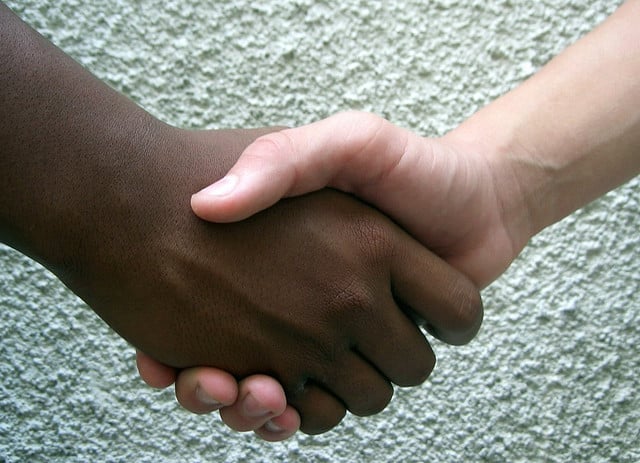One day a seemingly homeless woman asked if I could help with some necessities. She was a short lady with a cracked face from age or heavy smoking, tousled hair that stood high on her head, and deep set eyes showing the weary side of her life. She could’ve been an aunt of mine, or an old friend, she had a way about her that made me feel like I knew her longer than the seconds that just passed between us. I was working with a homeless outreach organization, it was the middle of winter, and I had resources to help, so I loaded her up with blankets and a coat and a cup of warm soup. Her face distorted into a look of disgust as she spoke in a gruff whisper, “This is not what I need!” She dropped the items I gave her and walked away.
***
Knowledge is collected and gained and used through experience, and those moments change us. But growing into that change takes a long time. A doctor friend of mine says he learned a great deal about what a doctor does in medical school. But for him, he didn’t begin to know how to be a doctor until a situation of life and death presented itself in the examining room. My own mother attested to knowing she was a mother by the pure act of giving birth to me, but knowing how to be a mom came much later.
Purchasing paints and canvas does not make one an artist, just as training for a marathon doesn’t make one a runner. And yet I carry an S.J. behind my name and people rely on me to be an authority on something I may know little about, patients depend on anyone called doctor to cure them regardless of how new to the field they may be, and we assume all women know instantly how to change a diaper and comfort a crying baby when their child is born.
***
I’ve studied and read a lot about homelessness and severe poverty. Early on I felt like I knew a lot about the plight of the poor. I even wrote a couple of theatrical plays about the issue, so surely I was an expert. Plus, I’ve had my own experiences of being poor, I figured I knew a great deal more than most.
That homeless woman who refused the offer of help offended me. She challenged my knowledge. She even disturbed my sense of pride as a do-good-volunteer. She should’ve been grateful for what she was given. And she was rude. And I was in my early 20’s. I thought I knew so much when really I knew nothing. It wasn’t until later I found out she needed tampons, a bowl and spoon, and a reusable cup. I never once asked her what she wanted, nor did I bother to know her name. I just assumed she was homeless and needed to stay warm. She was poor, yes, but she had a place of her own, had some things to help her survive, but required a few extra items to make her life a little easier and comfortable.
***
All the hot button issues of our day – divorce, abortion, death penalty, healthcare, and so on – how much do we really know if we have not taken the time to know the people these issues directly pertain to? What does it mean when we say #BlackLivesMatter if we haven’t opened ourselves up to building relationships with African Americans? What kind of immigration reform do we advocate if we have not taken the time to know immigrants? What would it look like to draw closer to same-sex couples instead of speaking of their joy as failure, their love as threat, their presence as problem?
Books and studies, documents and articles, talking heads, politicians, and even people at the pulpit can only provide us with surface level understanding. Shouldn’t we want to go deeper than that? I do!
For thirty years Jesus had a whole other kind of life before his public one. In those years between birth and ministry he engaged in relationships with people in his community. He spent quality time with his friends. He worked to help provide for his family. He studied what he believed, he witnessed struggle and joy, and he experienced a visceral human life not unlike our own yet truly all his own. That’s why he could invite a tax collector to be his apostle and touch a leper and have conversations with outcasts; he knew what it was like to be marginalized from having lived it. And if not living it then taking time to understand those who had.
I made that mistake with the homeless women all those years ago, assuming I’m right in all that I claimed to know, when all I needed to do was ask and relate to her as one human being to another — face to face, hand in hand.
–//–
The cover image, from Flickr user ruurmo, can be found here.


